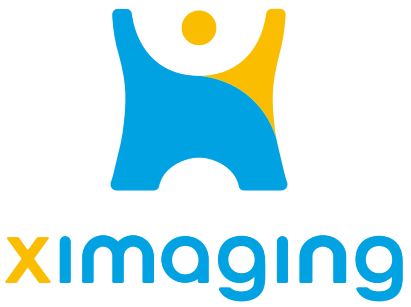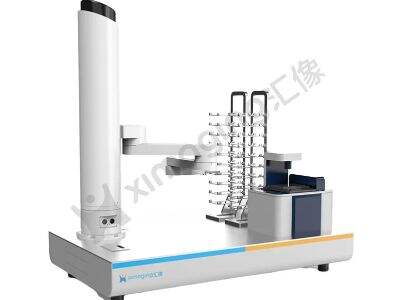The way healthcare is delivered is changing. Researchers are discovering new treatments that are more effective for each individual. This is personalized medicine, and it is transforming the way we care for ourselves.
One nifty technology is something called CRISPR.
\This tool is allowing scientists to re-engineer our DNA in ways that were once unimaginable. With CRISPR, we can literally correct the cause of genetic diseases before they even happen. But we also need to consider key questions. What of that great weapon? What are the pros and cons? These are vital considerations to have in mind as we envision the future of medicine.
Healthcare is also being transformed by data analytics and artificial intelligence.
With the help of lots of data and smart computer programs, doctors are able to find and treat diseases more quickly and more precisely than ever before. This means that patients can receive better care and that our society can be better off. These tools are increasingly important in medicine.
The life sciences are also contributing to the protection of our planet.
We can foster global health by discovering innovative ways to be earth-friendly. That means using things that don’t hurt the earth and making less waste. Together, we can work to make the world a better, healthier place for us all.
Schools, businesses and government are teaming up to uncover new things in life science research.
By collaborating, such groups can pool ideas and resources to discover new cures for diseases. This collaboration is crucial to advancing life science and ensuring people live longer and healthier lives.
Table of Contents
- One nifty technology is something called CRISPR.
- Healthcare is also being transformed by data analytics and artificial intelligence.
- The life sciences are also contributing to the protection of our planet.
- Schools, businesses and government are teaming up to uncover new things in life science research.

